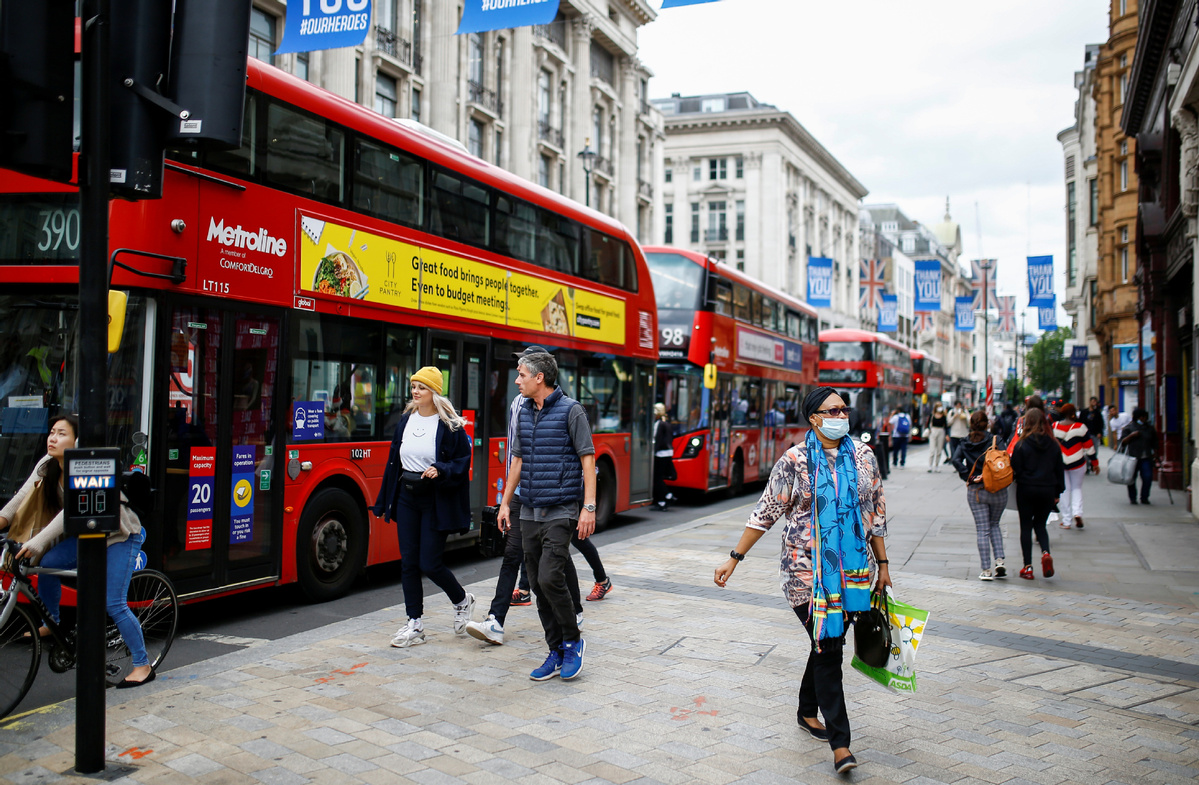Huawei issue focuses spotlight on Sino-UK ties
By ANDREW MOODY | CHINA DAILY | Updated: 2020-07-02 10:14
Largest group

UK author and academic Martin Jacques believes there is "appalling sentiment "behind such a suggestion, as if Chinese students are somehow not to be trusted in an environment where many have been subject to racial abuse.
"The universities are hugely against this (suggestion). The Chinese are easily the largest group of foreign students at British universities. The whole sector would be badly affected by any serious reduction in the number of Chinese students," he said.
"The idea that there is a pool of Indian students in a position to replace them is, frankly, ludicrous. India is a much smaller economy, although that doesn't seem to be widely understood."
Many UK businesses operating in China want to see a deeper relationship between the two countries.
Steve Lynch, managing director of the British Chamber of Commerce in China, said he does not mind a "robust debate", as long as it is informed.
"It is critical that informed voices are heard equally and that assessments are objective," he said.
"There are areas in which the UK and China have mutual shared interests, such as tackling climate change and global health issues, and there are areas in which our governments will disagree. It is important that we have informed and constructive engagement around these."
Many UK businesses remain frustrated that the country's trade policy toward China is often reduced to huge missions, which visit the country every few years.
In 2013, former prime minister David Cameron took to China the largest UK trade delegation to visit a foreign country. Five years later, his successor Theresa May led a similar mission.
By contrast, German Chancellor Angela Merkel makes routine visits to China focused on her nation's business interests in the country, where many German companies, such as Siemens and BMW, have a major presence.
Despite the views of some of his backbench MPs, UK Prime Minister Boris Johnson declared himself a "Sinophile" during Prime Minister's Questions in the House of Commons last month.
As mayor of London, he made a number of visits to Beijing, including a high-profile trip during the 2008 Olympics. Some members of the UK business community in China believe he will make similar visits as prime minister once the pandemic is over and a trade deal is agreed with the EU.
Simon MacKinnon, chairman of technology company Xeros China, who is based in Shanghai and has been in China since the 1980s, said he has had indications that Johnson will make such trips.
"After Brexit, the UK has the opportunity to follow our French and German competitors in regular top-level engagement with China on trade and other matters," he said.
"British prime ministers have only come to China every two or three years with a big trade delegation, but the UK business community in China is encouraged to hear that Johnson is looking at more-regular visits."
- Huawei to build optoelectronics R&D, manufacturing center in UK
- Huawei to get green light for $500m R&D center in UK: media
- Huawei now in NATO’s hostile sights: China Daily editorial
- Huawei fights back with UK media blitz
- Huawei says 'as committed as ever' to UK telecoms market
- British PM sends mixed message on China
























